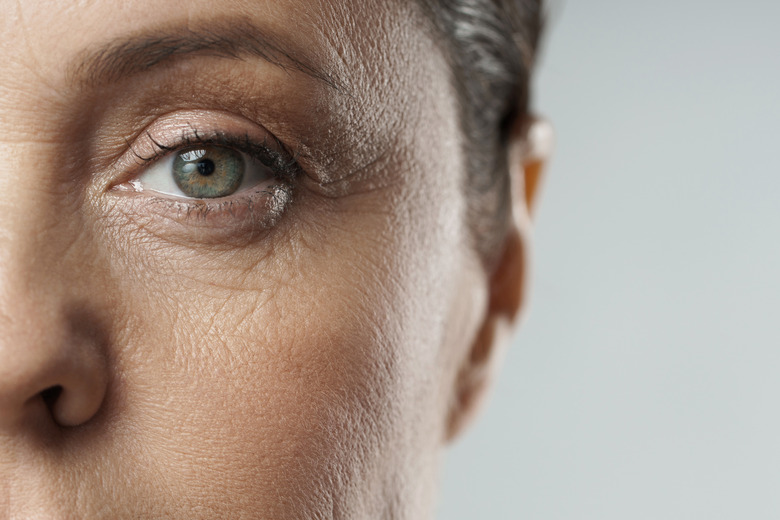This Free App Claims It Can Tell If Someone Is Lying
What if an app on your smartphone could verify that someone is telling you the truth? That seems to be the idea behind a lie detector app called VerifEye, which has been making the rounds for at least the past year. The app was created by Converus, and the company claims it can detect lies with up to 80 percent accuracy.
The app recently appeared in some Reddit threads on an AI-focused subreddit. However, Converus confirmed to us in an email that it utilizes a logistic regression algorithm to detect lies, not AI. Instead, the app only uses AI to help recognize verbal answers given during a test, as well as to identify and track your eyes during the test because of varying lighting conditions. AI doesn't actually help with detecting whether you are lying or not.
The lie detector app is based on a similar computer test from the same company that has been in use since 2014. The VerifEye app can be installed on any Android or iPhone that supports it, and it then uses the phone's camera to monitor the involuntary behavior of your eyes during a test.
The app looks for changes in pupil dilation, blink rate, and other fixations, all of which are scientifically believed to involuntarily change when you are lying, as lying actually requires more work from your brain.
The idea that the eyes can tell if you're lying isn't a new one. It's actually been around since the 1970s in some way or another, though one of the most common theories about eye movement was actually disproven in 2012. Still, the eyes and their behavior remain key indicators that you can use (alongside other indicators) to tell if someone is lying. This isn't the formula that VerifEye follows, though, and a ton of additional research into the science of using ocular data to detect deception can be found on the app's website.
You can see an infomercial about how VerifEye is supposed to work in the video I've embedded above. What's most interesting to me is how the company advertises this app, as if it's something we're all just going to be using in our daily lives. It isn't just advertised as a lie detector app for corporations. The company also mentions using it to determine if someone's online persona is real or even if someone has been unfaithful.
Of course, the claims of 80 percent accuracy have drawn some comments from users with questions about how the app might fall under the EU's new AI act. But, since it doesn't technically use AI to detect deceptive behavior, it will probably remain admissible in court. This isn't an area I can particularly speculate on in-depth, though, as it isn't a field I have extensive knowledge about.
Of course, the implications that AI might be used to detect our lies have led to some fearmongering, with many concerned that AI knows how to deceive humans. But, at least for now, we can rest easy in knowing that VerifEye isn't relying on AI to tell if you're lying. Instead, it relies on hard-fought human science.
Editor's note, April 3, 2024: The article has been updated to provide more information about VerifEye and how it works.
